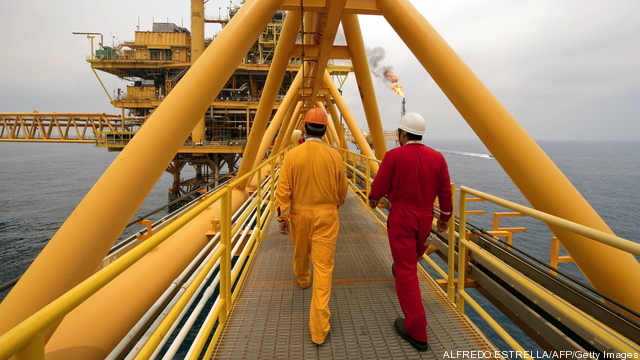
The tragic Deepwater Horizon accident and devastating uncontrolled crude oil spill into the Gulf of Mexico deeply affected the oil and gas industry. The disaster prompted oil and gas industry trade group – API – to comprehensively re-evaluate and strengthen its offshore safety standards.
Specifically, API has “established a multi-layer system, with many built-in redundancies to help prevent incidents, to intervene and stop a release that might occur, and to manage and clean up spills,” Group Director of Upstream and Industry Operations Erik Milito told reporters during a recent question and answer session ahead of the two-year anniversary of the accident on April 20.
The API and its members’ efforts have been focused on the three areas mentioned above: Prevention, intervention and spill response/cleanup. Arguably, prevention is the most-critical focus area given that if the Macondo well’s blow out preventer (BOP) did not malfunction, the crude oil release could have been minimal. With this in mind, numerous measures have been taken to address the offshore drilling industry’s BOP use.
API told Breaking Energy that some of the main priorities with regard to BOP usage include more advanced testing, monitoring the equipment more closely during drilling operations and ensuring compatibility with other equipment – for instance requiring operators to verify that each BOP in operation has the technical capacity to cut every type of pipe being used to drill that particular well.
Check back on Breaking Energy throughout the week for continuing coverage of industry changes that have occurred in the two years since the Deepwater Horizon accident.
